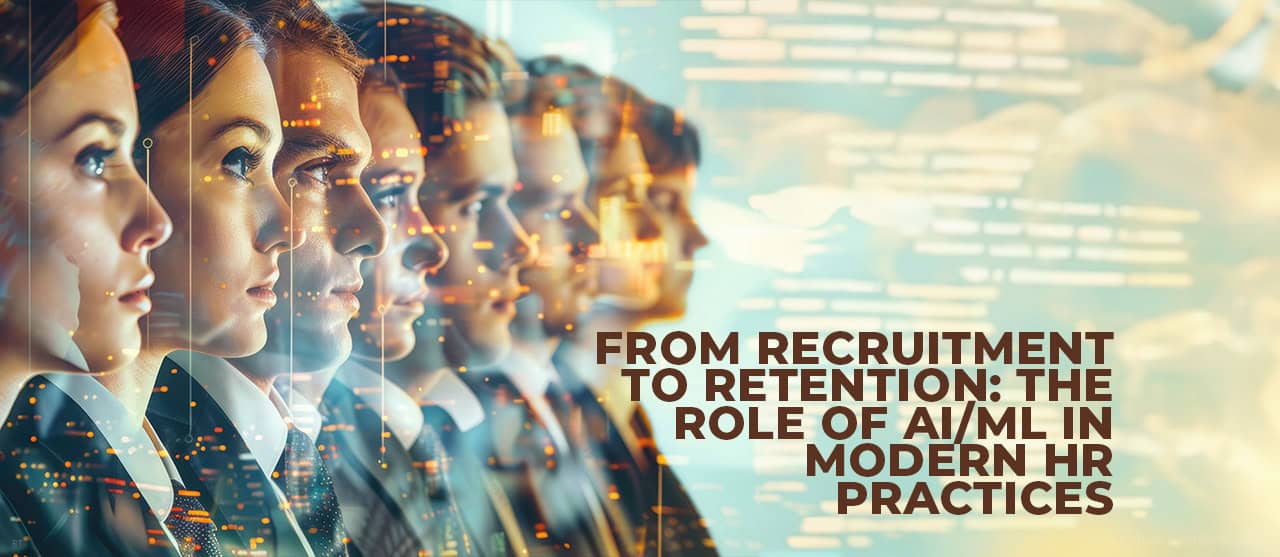
The rapid development of AI and ML technologies is redefining HR practices by automating repetitive tasks. The power of these advanced technologies has been helpful in organizations, as they can leverage machine learning, augmentation, and data analytics to improve their practices, such as recruitment, employee development, employee engagement, and more.
Let us explore how leading businesses efficiently incorporate AI and ML tools in modern HR practices.
AI And ML In Modern HR Practices – Benefits
According to Gartner research, over 81% of HR professionals are implementing AI to improve employee engagement, efficiency of administrative tasks, and other aspects of their work. AI technology in HR management helps leaders foster organizational developmental elements faster. Let’s explore how HR executives can reap the massive benefits of AI and ML in their day-to-day tasks and workflows.
-
Enhanced Scalability And Efficiency
The integration of AI in HR management helps increase the efficiency and scalability of the HR function. By automating tasks like resume screening, onboarding, and role-based employee training, HR professionals can take their work efficiency to the next level. AI tools can be trained to do these tasks faster. With the extra time that HR professionals have, they can focus on organizational development programs, strategic initiatives, etc.
-
Reduced Hiring Bias
Sometimes, humans have biased opinions about someone, hindering hiring the right candidate for the organization. Companies are implementing AI and ML technologies to reduce this bias. With AI tools, candidate profile screening is faster with pre-defined skills and expertise. It can finally lead to more inclusion and diverse talent pool recruitment.
-
Improved Candidate Experience During Hiring
The hiring process can be hectic for job seekers and companies – especially when it is manually driven. To improve the hiring experience for the candidates, AI-powered chatbots can be integrated into the recruitment process. These chatbots help in providing real-time updates, streamlining the interview process, and providing regular updates and feedback.
Thus, potential candidates have a positive hiring experience as they get regular and timely updates without having to do follow-ups. At the same time, hiring teams don’t need to spend their time in manual processes and can focus on candidate engagement.
-
Data-Driven Decision Making
HR professionals make many decisions regarding employee performance, employee development programs, training and development programs, etc. Implementing AI tools with comprehensive employee data can help HR personnel automate all the above activities and adopt a targeted approach while saving time and effort. It can help them make more data-driven decisions instead of going by gut feeling and intuition.
-
Enhanced Employee Relations
An organized system helps accelerate work effectively, especially for an HR specialist responsible for improving the employee relations process. Organizations are harnessing the power of sentiment tools in AI to monitor different employee communications, which helps detect upcoming potential issues.
-
Customized Learning And Development
The HR department plays a crucial role in curating personalized learning and employee development initiatives to motivate employees and foster a continuous learning culture. The right training and development programs help create a productive work environment. AI-enabled tools can automate these tasks, as they can analyze employees’ strengths, skills, and career goals and help create a highly personalized and tailored approach to employee development programs.
6 Areas Where AI And ML Can Help HR Teams
There are many HR functions where companies integrate AI tools to achieve better results and save time. Below are the eight most popular use cases of AI and ML that showcase their transformative impact on HR practices.
-
Recruitment And Talent Acquisition
One of AI’s most critical use cases is recruiting talent for a particular position. With AI, recruiters can select the most skilled candidates suitable for a role. AI can screen resumes and identify relevant candidates based on their skills and relevant keywords. Thus, recruiters can focus on relevant shortlisted candidates and other value-adding tasks. They don’t have to go through the irrelevant applicants.
-
Automated Interview Scheduling
HR professionals are now using AI technologies to schedule interviews with the candidate at their convenience. AI-powered chatbots can schedule interviews automatically at the preferred time, which frees up an HR person’s time and thus improves work efficiency.
-
Onboarding And Training
The onboarding process is one of the most crucial tasks for HR teams. It requires a serious time commitment from the teams. AI-powered chatbots can effectively streamline onboarding while reducing the dependency on HR resources. Chatbots can help newly recruited candidates through the onboarding process by clearing doubts of the candidates and providing them with specific training related to their roles and job responsibilities.
-
Performance Management
Performance management is one of the most critical HR activities wherein, HR teams gather comprehensive data about employees, their aspirations, skills gaps, organization needs, and more. With the help of AI and ML technologies, HR can quickly identify performance trend data and generate performance reports. This helps HR professionals facilitate continuous feedback and make performance-related decisions faster.
-
Employee Retention And Engagement
Employee retention is vital for every organization. AI-enabled tools can analyze data from employee survey forms, social media sentiment, and internal communications. Armed with this data and analysis, HR teams can identify specific initiatives to foster a positive work culture where everyone thrives.
-
Workforce Planning
One of the most outstanding use cases of AI is identifying potential skill gaps by mapping the available skills with the company’s requirements. AI analyzes historical data regarding hiring trends and can predict the hiring needs in a specific department. It helps create successful talent acquisition strategies for staying ahead of the curve.
Wrapping Up
As AI and ML technologies evolve faster, their use cases in HR-related tasks also increase. Natural language processing, sentiment analysis, and virtual reality advancements help organizations leverage data-driven decision-making. By implementing these technologies, HR activities have become much more efficient across all areas – from recruitment to retention. It allows HR leaders to then be involved in more complex processes, such as organizational development and employee engagement activities.






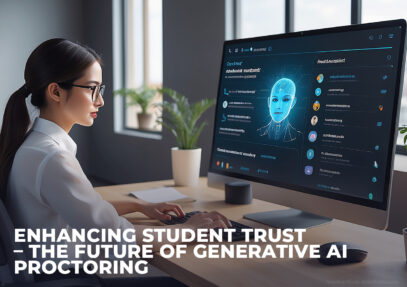
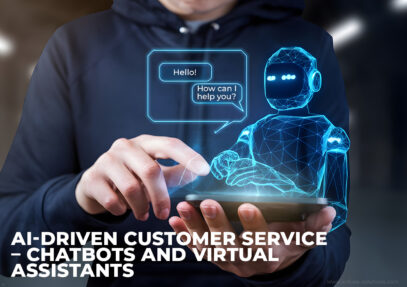
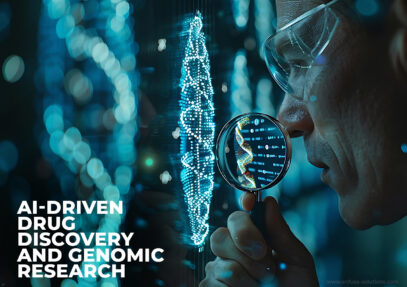


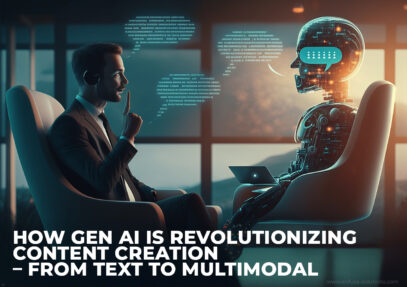

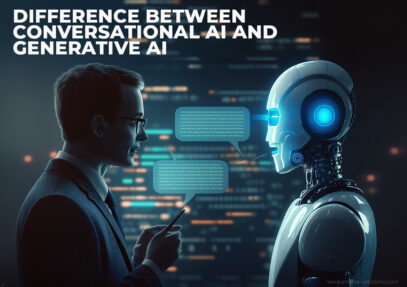

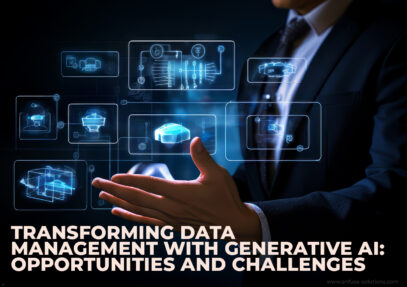

Comment